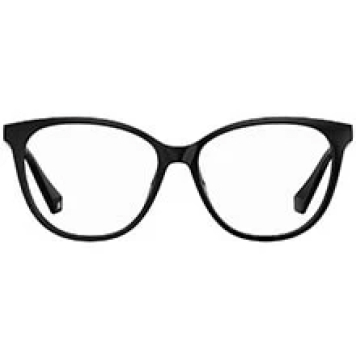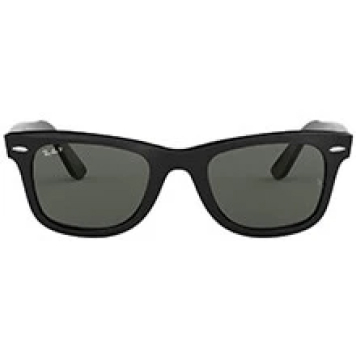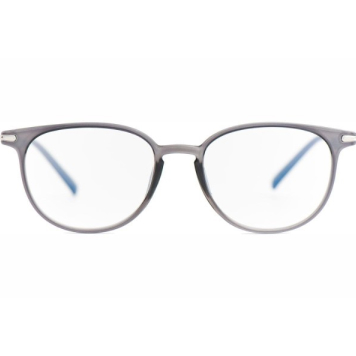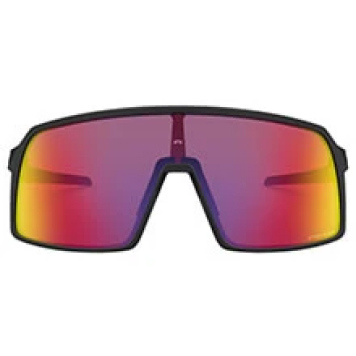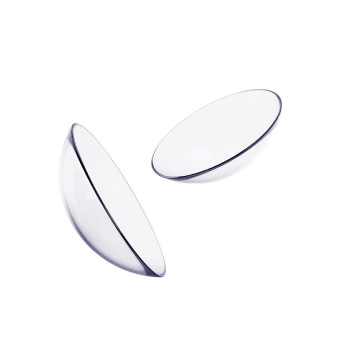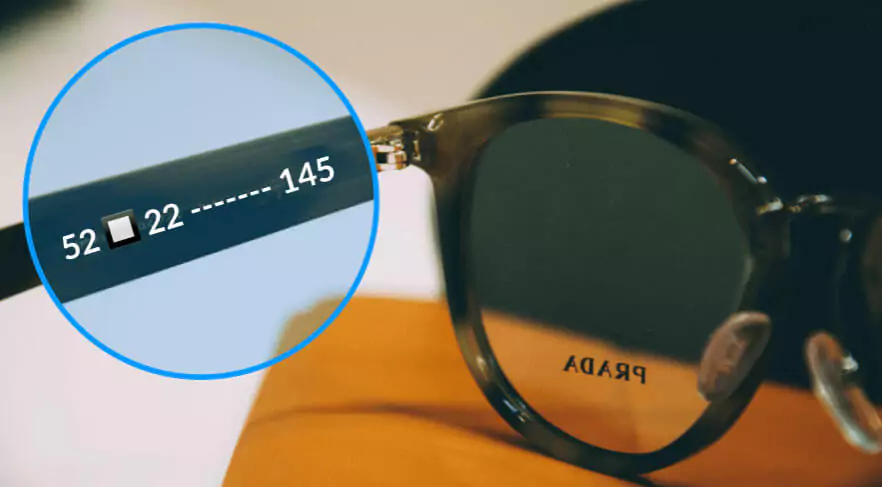Children's prescription glasses - page 13
Filter
TOP
Children's prescription glasses - page 13
Kids' health always comes first. That's why we offer a wide selection of children's prescription glasses that combine functionality, safety, and modern design. Choose the best for your child!
Firstly, you need a prescription from an ophthalmologist or optometrist, which should include the diopter values and the pupillary distance - PD. (In the case of astigmatism, also the values of the cylinder and the axis of the cylinder).
If the PD value is missing on your prescription, you can easily measure it yourself at home. All you need is a ruler or a tailor's tape. Next steps:
Place the beginning of the ruler/tailor's tape under the right eye, precisely under/above the pupil, and stretch it to the other eye.
Divide the resulting value by two. e.g., if you measured the child's PD value as 30 mm, it means the PD value of the right eye will be 15 mm, and likewise 15 mm for the left eye.
The size of children's prescription glasses mainly depends on the size of the eye sockets, their distance from each other, and also the shape of the child's face. Generally, glasses should not be wider than the face, should not rest on the cheeks, and should not exceed the eyebrow level. However, they should be large enough for the child to have an unrestricted view in all directions and centered so that the middle of the glasses aligns with the pupil's center. For children under 2 years, there are special frames made of sturdy materials, in smaller sizes, and the packaging often includes a "rubber band" to ensure the glasses don't easily fall off. Children's glasses typically have a width of 44-48 mm, with a temple length of approximately 125 mm. Generally, child sizes fit children from 4 to 10 years well.
Remember, comfort is crucial. Soft temple tips and a nose bridge with the largest possible contact area will ensure enough comfort while wearing the glasses.
For children, we definitely recommend getting glasses that are a bit durable. Acetate or metal are great materials when you're looking for super-durable glasses. And don't forget about flexible temples - glasses will thus more easily adapt to your child's growing face.
How to correctly choose children's prescription glasses?
Firstly, you need a prescription from an ophthalmologist or optometrist, which should include the diopter values and the pupillary distance - PD. (In the case of astigmatism, also the values of the cylinder and the axis of the cylinder).
If the PD value is missing on your prescription, you can easily measure it yourself at home. All you need is a ruler or a tailor's tape. Next steps:
Place the beginning of the ruler/tailor's tape under the right eye, precisely under/above the pupil, and stretch it to the other eye.
Divide the resulting value by two. e.g., if you measured the child's PD value as 30 mm, it means the PD value of the right eye will be 15 mm, and likewise 15 mm for the left eye.
Glasses should be sturdy and of the correct size.
The size of children's prescription glasses mainly depends on the size of the eye sockets, their distance from each other, and also the shape of the child's face. Generally, glasses should not be wider than the face, should not rest on the cheeks, and should not exceed the eyebrow level. However, they should be large enough for the child to have an unrestricted view in all directions and centered so that the middle of the glasses aligns with the pupil's center. For children under 2 years, there are special frames made of sturdy materials, in smaller sizes, and the packaging often includes a "rubber band" to ensure the glasses don't easily fall off. Children's glasses typically have a width of 44-48 mm, with a temple length of approximately 125 mm. Generally, child sizes fit children from 4 to 10 years well.
Remember, comfort is crucial. Soft temple tips and a nose bridge with the largest possible contact area will ensure enough comfort while wearing the glasses.
Which glasses material is the most suitable?
For children, we definitely recommend getting glasses that are a bit durable. Acetate or metal are great materials when you're looking for super-durable glasses. And don't forget about flexible temples - glasses will thus more easily adapt to your child's growing face.

